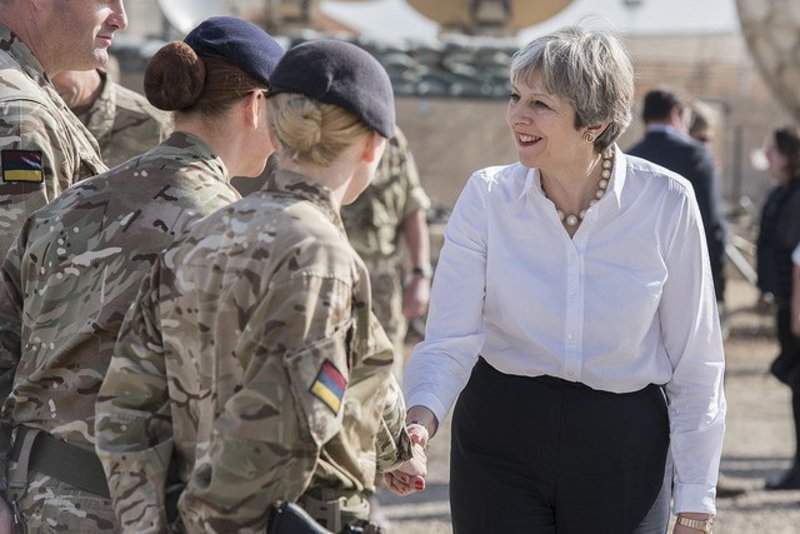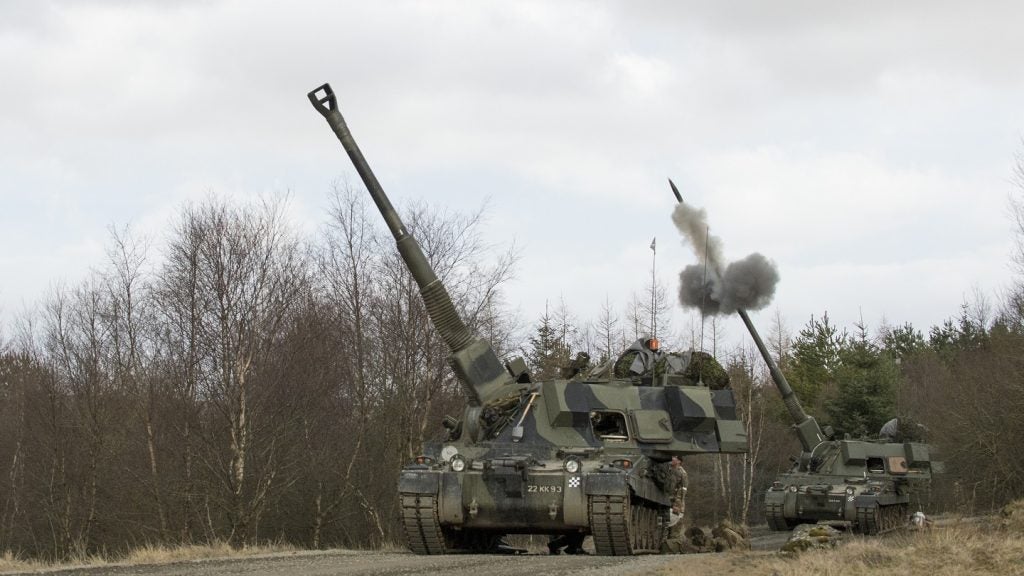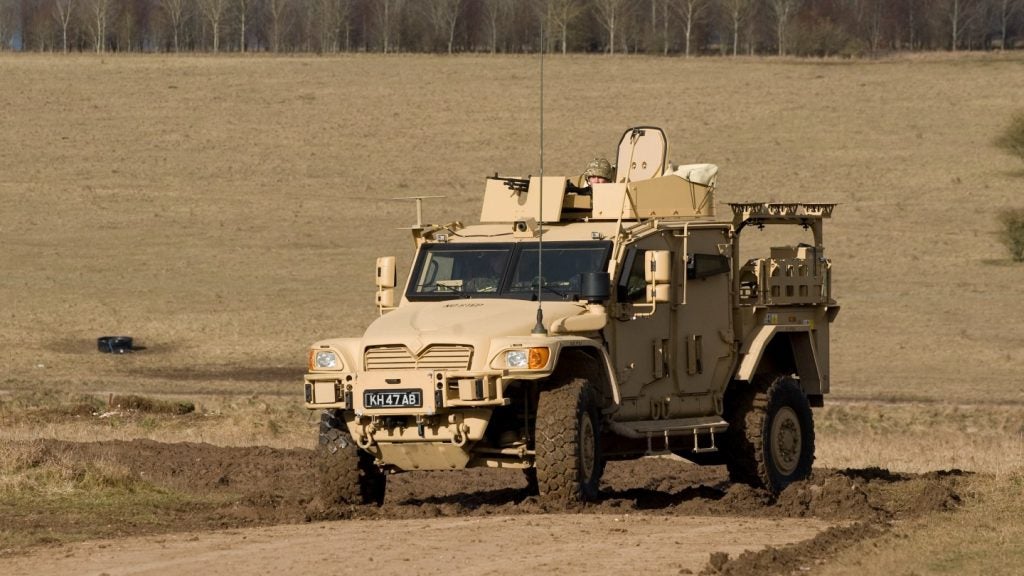
UK Prime Minister Theresa May has confirmed that the country is committed to addressing the growing threat to Syria and Iraq from ISIS.
During a visit to Iraq, May said: “Military success against Daesh means they are increasingly losing control of the territory, resources and population that allowed them to be a uniquely dangerous threat to Iraq, the region and Europe.
“But we have always expected that the threat Daesh posed would evolve.
“In response to our military success, Daesh has become more diffuse, organic and networked. The UK is committed not only to defeating Daesh militarily but also to countering the dispersal of foreign fighters from Iraq and Syria.”
May has committed to counter the evolving threat and to manage the risk of foreign fighters returning to Europe.
As part of the commitment, the UK Government will invest £10m over the next three years to strengthen Iraq’s counter-terrorism capability that would be able to meet the growing threat.
How well do you really know your competitors?
Access the most comprehensive Company Profiles on the market, powered by GlobalData. Save hours of research. Gain competitive edge.

Thank you!
Your download email will arrive shortly
Not ready to buy yet? Download a free sample
We are confident about the unique quality of our Company Profiles. However, we want you to make the most beneficial decision for your business, so we offer a free sample that you can download by submitting the below form
By GlobalDataWith this, more personnel will work with the Government of Iraq’s counter-terrorism agencies, thereby deepening UK’s counter-terrorism relationship with the country.
In addition, the UK will work with partners across the region to boost border infrastructure, watch-lists and biometric capabilities in order to counter foreign fighter dispersal, thereby ensuring that the foreign fighters are identified, stopped and disrupted before causing any harm.
The government will also take additional steps to manage terrorist abuse of the internet.
In addition to these measures, the UK will also continue to support Iraqi defence and security through the provision of officer training, including places for Iraqi students on high-profile UK courses at the military colleges and the defence academy.
The UK training teams will continue to develop Iraqi trainers, providing them support in the delivery of courses on topics such as counter-improvised explosive devices, combat medicine, military planning, logistics and force protection.







